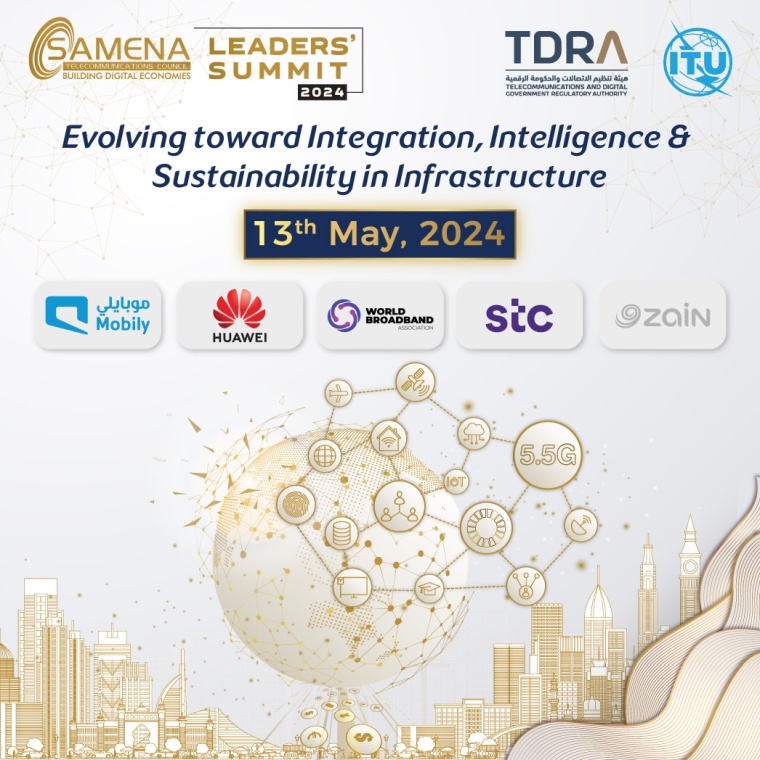Launched at the ‘Accelerating a Sustainable Digital Economy’ summit held this week by SAMENA Council, a new report from Huawei and Arthur D. Little focusses on recommended policy actions for Middle East countries to realise their digital visions for a sustained economic recovery from the pandemic and enhanced resilience. The new study focuses specifically on the Middle East and builds on an earlier collaborative report by Huawei and Arthur D. Little this summer titled Think Digital. Think Archetype. Your Digital economy model.
In the latest study, Arthur D. Little finds there is potential for the UAE to leverage its position as an international business hub to become a regional regulatory leader for the digital economy, attracting global digital talent and developing domestic digital capabilities in ICT services such as cloud computing, AI and distributed ledger technology. In the UAE, it is estimated that the right policies could bring in an additional US$9 billion in GDP from increased R&D expenditure, US$1 billion in direct benefits from increased ICT infrastructure development, and US$100 million in added value as a regulatory hub. Policies are needed to address high domestic connectivity costs, build content infrastructure such as data centers and IXPs, nurture and attract talent in ICT services and emerging technology, and conduct regulatory reforms to strengthen the UAE as a regional leader.
The digital economy is estimated to account for 4.5 to 15.5 percent of world GDP today, depending on the definition. In its broadest definition, this equates to US$11.5 trillion and is growing at around 3x the rate of overall GDP. In the Middle East, Arthur D. Little estimates the digital economy’s contribution to GDP ranges from 6.4 percent in Saudi Arabia, 4.3 percent in UAE, 2.1 percent in Oman, and 1 percent in Pakistan, compared to 9 percent in the USA and 7.7 percent in the UK. This illustrates the scale of the digital gap to be unlocked in the region, if the correct policies are implemented.
Accelerating digitalisation will boost industrial growth and productivity, improve societal well-being, and benefit consumers via cost and time savings. “Successful digital economies require a whole range of infrastructure and capabilities, but countries often have scarce resources and finite funds. Choosing and prioritizing focus areas is therefore key,” said Rajesh Duneja, Partner at Arthur D. Little.
“As the digital economy becomes a key driving force behind economic development in the Middle East, we must continue to measure the true impact of its development, and the best practices that are helping countries to success today. At Huawei, working collectively with global institutions and think tanks in the areas of theory and research are incredibly important to achieving this end,” noted a HUAWEI executive.
The report details the gaps in the digital economy holding back achievement of their respective digital visions, and the recommendations to lead to value-creating outcomes.
Source: Huawei Press Release
